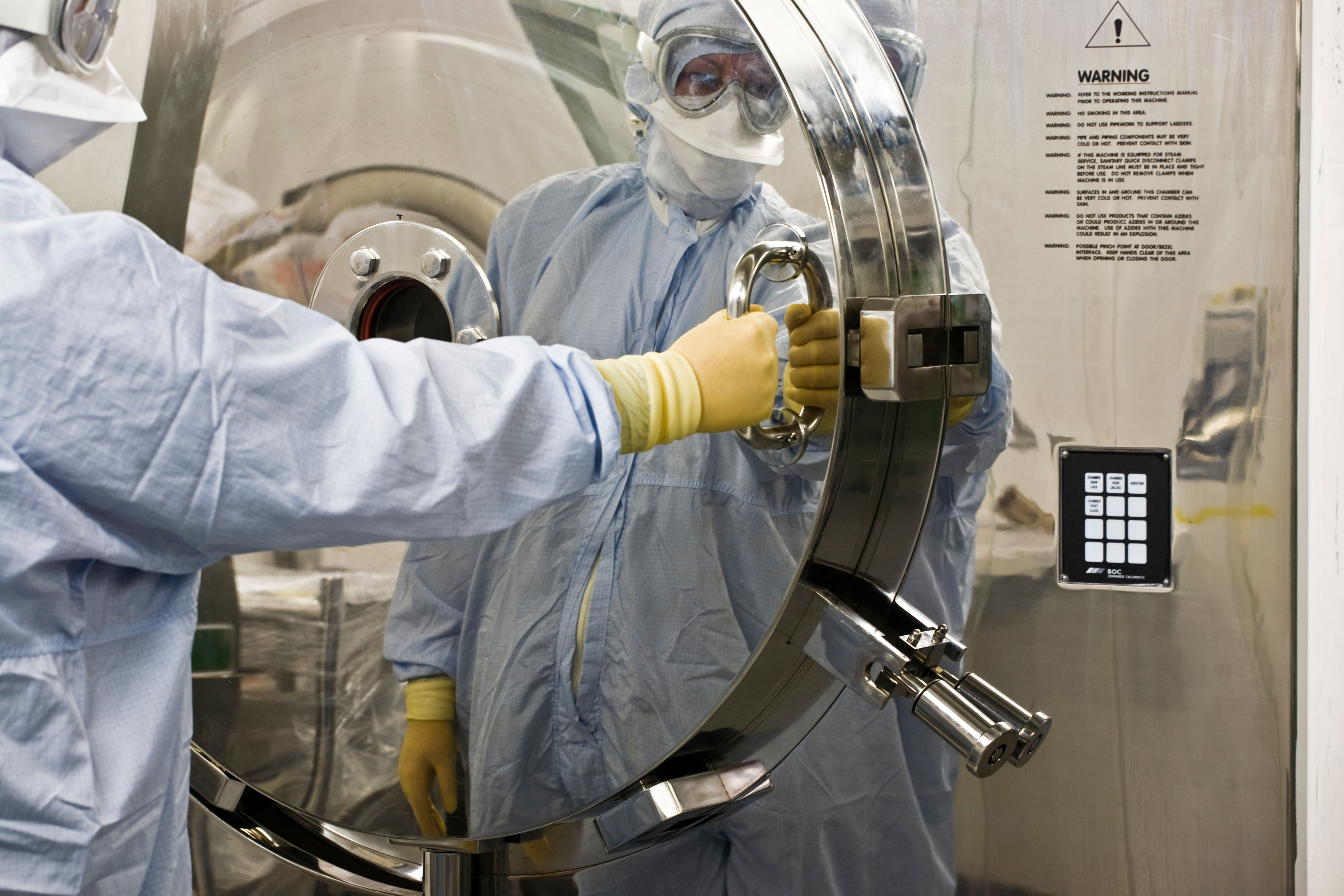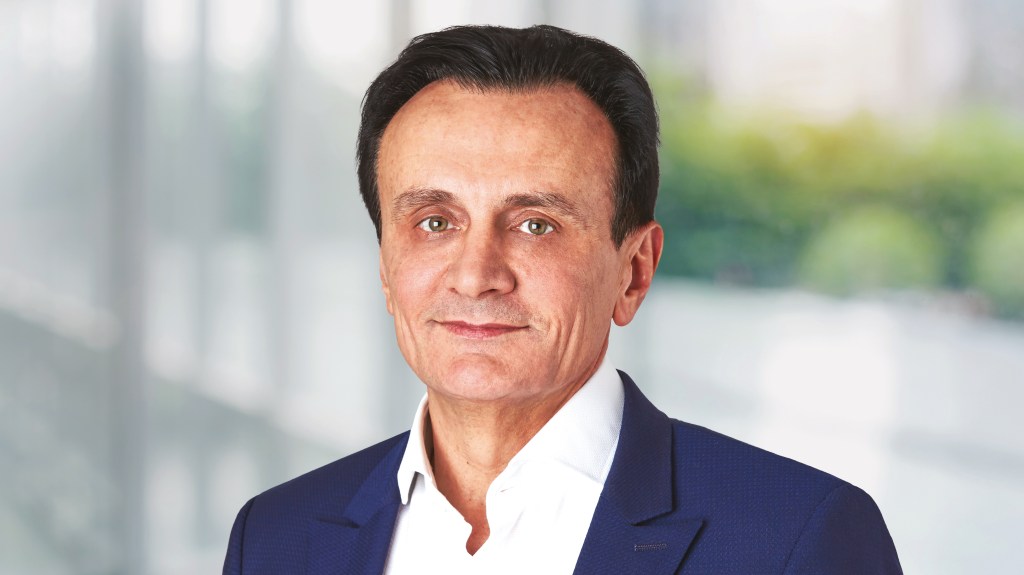AstraZeneca Maintains Full-Year Projections Despite Mixed Q1 Results
AstraZeneca has reaffirmed its full-year revenue forecasts and an ambitious goal to nearly double group revenues by 2030, despite experiencing “mixed” results in the first quarter and potential import tariffs in its largest market, the United States.
The company’s total revenue for the first quarter increased by 10% to $13.6 billion, fueled by strong growth in cancer treatments and biopharmaceuticals across all major regions.
However, this figure fell short of analysts’ expectations of $13.8 billion, negatively impacting AstraZeneca’s stock price, which initially dropped over 5% before recovering to close up 92 pence, or 0.9%, at £106.18 on the London Stock Exchange.
Sir Pascal Soriot, AstraZeneca’s veteran CEO, highlighted that the record revenues were more than double what the company achieved in Q1 2020, despite stagnant sales within its rare diseases sector due to U.S. payment reforms and a deferred tender to the following quarter.
Soriot emphasized that the company is entering a “catalyst-rich” phase and is making “excellent progress” toward its goal of generating $80 billion in revenue by 2030.
Company projections suggest that, at constant currencies, total revenue will grow by a “high single-digit percentage” over the full year, while core earnings per share are anticipated to rise by a “low double-digit percentage.”
During the quarter, AstraZeneca saw five positive late-stage phase III trials and secured 13 regulatory approvals in key regions since its last full-year report in February.
The company awaits results from phase III trials projected to represent combined peak annual revenues exceeding $10 billion.
Under Soriot’s leadership since 2012, AstraZeneca has become the most valuable public company in Britain, revitalizing its drug pipeline and portfolio, particularly through advancements in cancer therapies and significant growth in China.
Nevertheless, AstraZeneca faces uncertainties in China and the U.S., which are its primary markets, due to governmental investigations in China and the looming threat of import tariffs in the U.S.
Soriot reassured analysts and investors that the company expects to adhere to its guidance this year, even if the U.S. imposes tariffs on pharmaceutical products manufactured in the European Union, similar to other sectors. He also indicated that challenges beyond 2025 are manageable.
Analysts at Barclays noted some concerns about lower-than-expected sales in oncology during the first quarter, but they pointed out the success of AstraZeneca’s research and development efforts, along with several “important catalyst readouts” scheduled for the year, suggesting the company is “less vulnerable” to emerging tariff concerns in the U.S.

Analysts from Shore Capital expressed optimism, stating the quarterly results reflect the strong growth story they have come to expect, with management still capable of achieving robust operating margins while investing heavily in future growth amid current pricing pressures in the U.S. and China.
Despite positive developments in its pipeline, AstraZeneca announced the discontinuation of a phase III trial for a prostate cancer medication named Truqap on Tuesday.
Soriot remarked, “It’s essential to acknowledge that we are engaged in innovation, so we cannot realistically achieve a 100 percent success rate. Our success rate for phase III trials is closer to 80-85 percent, while the industry average is 65 percent. We have performed well, but success isn’t guaranteed. We recorded five positive phase III results this quarter, but unfortunately, Truqap did not pass.”
He added that their broader research program for the drug remains active, with hopes for positive outcomes from other studies that could pave the way for over $1 billion in revenue potential from the product.
Challenges in China
AstraZeneca is currently facing a potential fine of up to $8 million due to alleged illegal drug imports in China.
In relation to ongoing investigations by Chinese authorities, which impacted its share price last year, the company stated it has received a preliminary assessment from the Shenzhen city customs office regarding suspected unpaid import taxes amounting to $1.6 million.
The company believes these issues pertain to Enhertu, its new breast cancer treatment, and indicated a fine ranging from one to five times the unpaid taxes could be imposed if deemed liable.
AstraZeneca has also reported receiving a notice regarding a transfer to a prosecutor from a Shenzhen district public security bureau concerning the alleged unlawful collection of personal information, although it asserts that there has been “no illegal gain to the company.”
AstraZeneca cooperates fully with Chinese authorities.
Last autumn, the company’s shares suffered following the arrest of Leon Wang, AstraZeneca’s former president in China, who oversaw significant growth in the company’s second-largest market for a decade, as part of a currently undisclosed investigation.
No new information has been provided regarding his status.
Additionally, AstraZeneca disclosed previously that around 100 former employees were sentenced for alleged medical insurance fraud dating back to 2021, while separate investigations into the unlawful importation of unapproved drugs from Hong Kong are ongoing.
During its last full-year results announcement in February, AstraZeneca reported that it had been informed by the Shenzhen city customs office regarding potential unpaid import taxes of $900,000, believed to relate to its cancer medications Imfinzi and Imjudo, with potential fines up to $4.5 million.
Soriot reiterated on Tuesday, “We’ve taken accountability and learned from these challenges. We have made significant changes in China, but we remain deeply committed to the market, as it is vital for our operations.”




Post Comment